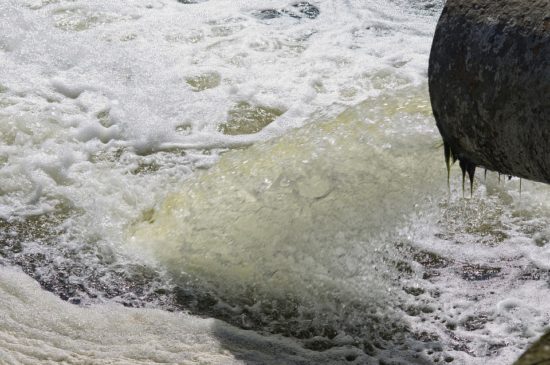Limiting antibiotic manufacturing discharge in Indian wastewater
The need for regulations to tackle the spread of antimicrobial resistance (AMR) has become increasingly apparent as almost 60,000 infants die annually due to superbug infections in India.1 Why is this happening and what can governments do to prevent it?
Most pharmaceutical companies strive to maintain high quality drug manufacturing processes, yet this is not always achieved across the board.
During the manufacture of antibiotics, residual material and ingredients can percolate into water, which is then discharged into the surrounding environment. This can contribute to the emergence and spread of AMR, presenting major problems for the pharmaceutical industry, particularly antibiotic manufacturers and global healthcare.
AMR NEWS
Your Biweekly Source for Global AMR Insights!
Stay informed with the essential newsletter that brings together all the latest One Health news on antimicrobial resistance. Delivered straight to your inbox every two weeks, AMR NEWS provides a curated selection of international insights, key publications, and the latest updates in the fight against AMR.
Don’t miss out on staying ahead in the global AMR movement—subscribe now!







